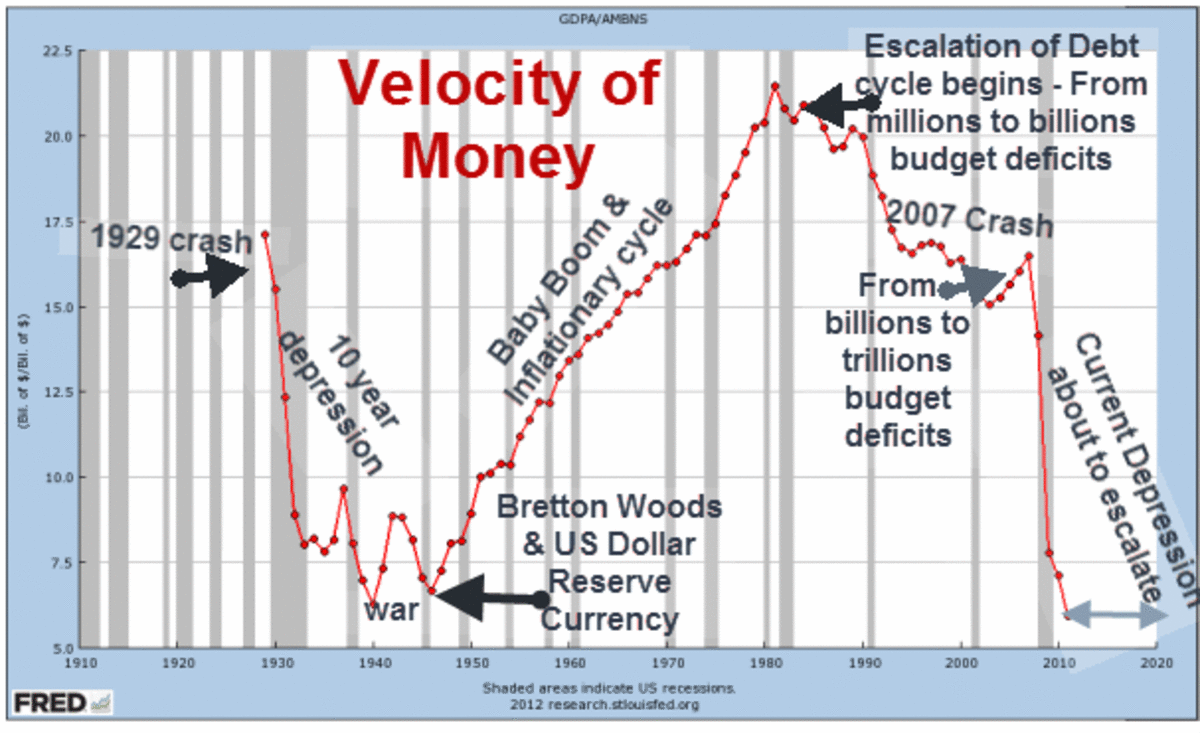What are the Economic Effects of Unemployment?

Unemployment can be defined as a condition economically manifested by the circumstance that a person is seeking jobs aggressively but they are incapable of getting hired. Unemployment level inclines to vary with economic conditions among other circumstances. Almost six million people are currently in employment than there were four years ago. A reliable flow of constant income is the sustenance of any thriving economy. Unemployment and underemployment breaks this flow considering that those not employed or underemployed have no outflow or cash flow. There is no doubt that whenever money is not moving into the economy, then the economic development then ceases or becomes sluggish. Unemployed individuals a burden not only to the economy, but also to the society as a whole.
The diverse economic costs of unemployment are more evident possibly when analyzed via the national checkbook lens. Unemployment makes both the state and the local government to cater for unemployment benefits, Medicaid, and at the same time offer food assistance. Apparently, the same government is unable to collect revenue from people who are not employed, thus limiting the collection of income. This certainly forces the government into borrowing money (which defers the impact and costs of unemployment to the future) or alternatively cut back other spending (conceivably exacerbating the economic situation).
Unemployment is an extremely dangerous state, especially for the economy of the USA. More that 70 percent of whatever the economy of the US produces goes to unemployed workers and personal consumption. Even individuals getting the support of the government cannot spend at erstwhile levels. These workers’ production leaves the economy, which reduces the Gross Domestic Product and tends to move the country away from the effective allocation of resources. It is equally worth to note that companies usually pay for high unemployment just as well. The benefits of unemployment are largely financed by taxes that are accessed on businesses. At the time when the rate of unemployment is high, countries will always seek to replenish their coffers through increment of taxation on businesses. As a result, this will discourage companies from employing any more workers. The companies will then face less demand for products they make, and hiring or keeping workers will be more expensive for them.
To a large extent, economics deals with individuals and reflects the manner in which people interact with one another as they make major decisions affecting their lives. Therefore, economics is studied through observing the principles of the decision-making power of individuals that constitute the economy. Further, it is also studied on how the economy as a whole operates, and the interaction of individuals with one another. In this observation, the theory that impinges on the above-mentioned economic problem is the one that states that the society experiences a short-run tradeoff between unemployment and inflation. This tradeoff usually arises since prices tend to respond so slowly to the quantity of money changes in the short run. For instance, suppose the government reduces the quantity of money revolving around the economy.
In light of this, the principle affecting the specific economic issue is that one stipulating that a society faces a short-run tradeoff between inflation and unemployment. In most cases, this tradeoff arises because of the tendency of prices tend to respond on a gradual basis to changes to the amount of money in a short run. A good instance is when the government decides to reduce the amount of money moving around the economy. In this case, not all commodity or service prices will reduce instantly due to a number of factors. It could take some time before each organization opts to issue a new catalogue or before the unions make concessions. This implies that in the short run, prices are considered sticky.
In the event that the government opts to reduce the amount of money moving around the economy, the amount spent by individuals around the economy also reduces significantly. Lower sticky prices, together with lower spending reduces the quantity of services and goods sold by firms leading to lower sales. This will force firms to lay workers off. Thus, reducing the quantity of money causes unemployment until such a time when prices fully adjust to this change.
Conclusion
The issues of increasing rate of unemployment, underemployment and retirees have similarly become serious issues. A part from social disgruntlement and social unrest which unemployment creates in the society, high rate of unemployment, and underemployment has been found to have self- perpetuating negative effect on businesses and the economic stability of a nation. More worse is the fact that such effects are more subtle and long lasting.








